Three years ago we published a post called ‘A Love Letter to My Cat‘ which generated a lot of feedback and many wonderful emails from readers sharing their experiences with a dearly loved pet that passed away. We wanted to expand this topic and focus on the importance of allowing yourself to grieve in these situations. Following is a guest post contributed by our friends at Green Meadow Memorials.
As a cat owner, you have the privilege of sharing your life with a very special animal. You’ll build memories together — some wonderful, others incredibly messy, and no doubt some that are a mixture of the two! However, one experience that all pet parents must experience is the death of our beloved furry family member.
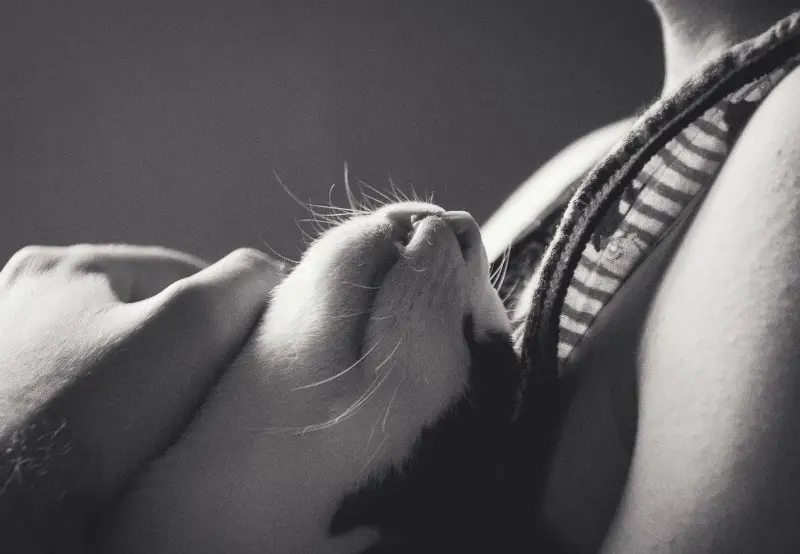
Unfortunately, as a society we tend to underestimate quite how painful and disruptive this can be. Too often we see people ridiculed unfairly for reacting to the death of a pet in a way that society considers to be disproportionate. Yet, in truth our cats are no less members of our family than any of our human relatives. As such, we must take the loss of a pet seriously, and allow the full grieving process to take place.
Let’s take a look at a few key reasons why making space to grieve is important, and how you can facilitate it.
It’s Vital for Your Mental Health
Unresolved grief can have a detrimental effect upon your mental and emotional wellbeing. When your pet passes away you’re likely to feel a whole raft of emotions — from initial numbness and disbelief, to depression. It might feel as though it is more socially acceptable to keep these bottled up inside, but failing to grieve can manifest more serious issues.
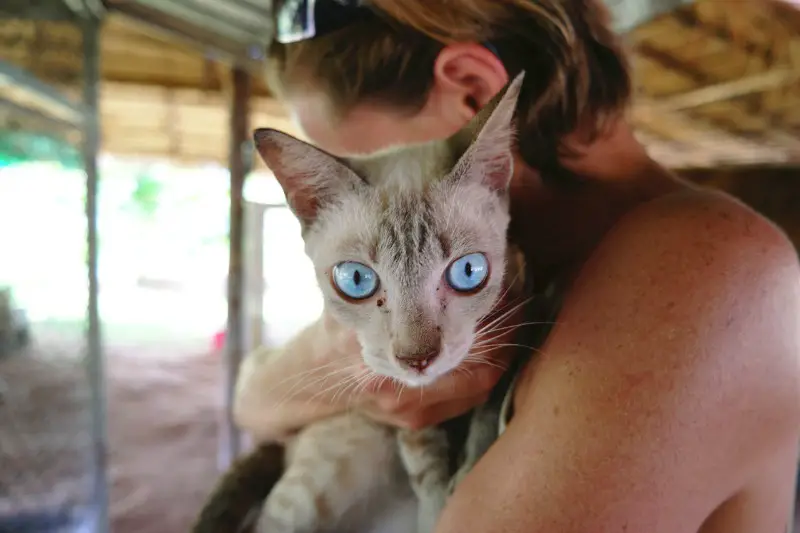
If you think about it, a new death becomes almost all-encompassing. It affects every part of your life, and it’s difficult not to think about all the time. When you attempt to squash down this influence rather than dealing with it, the stress you feel becomes exacerbated. It is also not unusual for unresolved grief to lead to depression, and even physical symptoms of illness such as headaches, stomach aches, and symptoms of a cold.
Remember, we don’t just grieve to honor the loved ones who have passed, we’re also grieving to help ourselves to heal. Give yourself space and permission to have outlets for those difficult thoughts and emotions. Cry whenever you need to. Talk to friends and family members about the sadness, anger, or guilt you’re feeling. You should never feel shame for expressing pain when a loved one has passed away. Don’t try to push those feelings beneath the surface.
It Strengthens Your Relationships
When we don’t take the time and energy to properly grieve, those unresolved emotions can take their toll on our bonds with other humans and animals we live with. The build up of stress, tension, and exhaustion can result in arguments and short tempers. Not to mention that our own refusal to grieve for a beloved pet can cause other family members to feel they don’t have the freedom to do so. As a result, we create an non-communicative atmosphere that doesn’t provide anybody the chance to move toward a positive resolution.
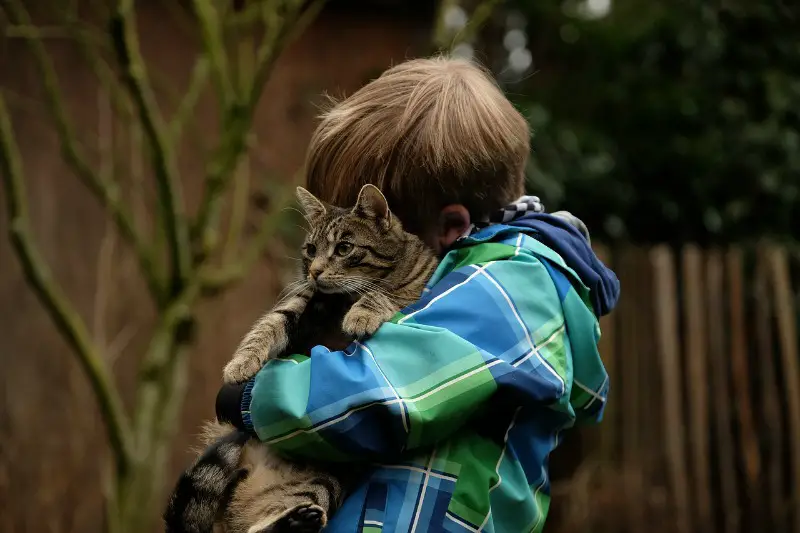
Most of us are familiar with how this can become toxic — to ourselves and others. The lack of communication can make everybody feel as though they’re walking around on eggshells. This very easily leads to a feeling of resentment; neither of us are able to handle our grief in the healthy, free way in which we need to. It can feel incredibly oppressive, and nobody wants to live like that! Without resolution this becomes a vicious cycle of discontent.
Instead, we should make efforts to grieve together. For centuries we’ve understood how a communal celebration of a life can help us all in the darkest times — this includes our pets!
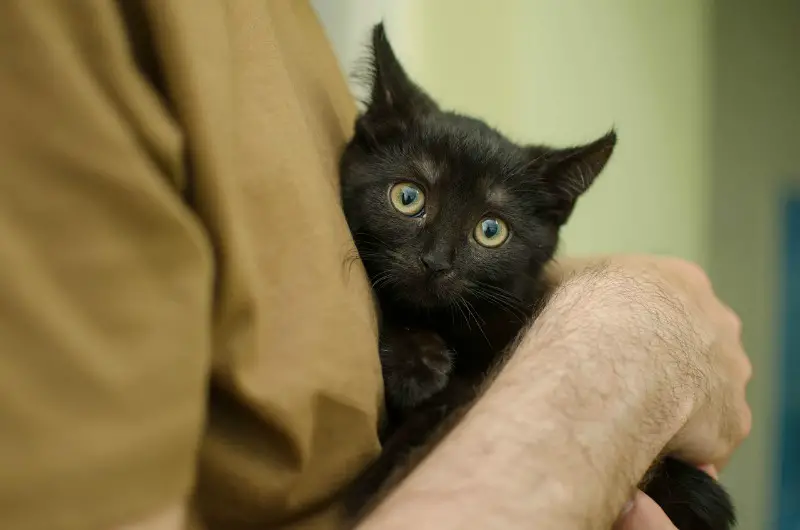
Create a meaningful ceremony to memorialize your beloved furry friend. Make the organization a group effort; choose the right music for the ceremony, and pick out appropriate pet urns as a family. During the service, invite everybody to share their memories, and lend each other the support you’ll need to get through the tough days ahead. By taking a positive, proactive approach to your grief, you can find you’ll grow closer as a family. Remember that other pets feel grief too, and make time to take extra care of them.
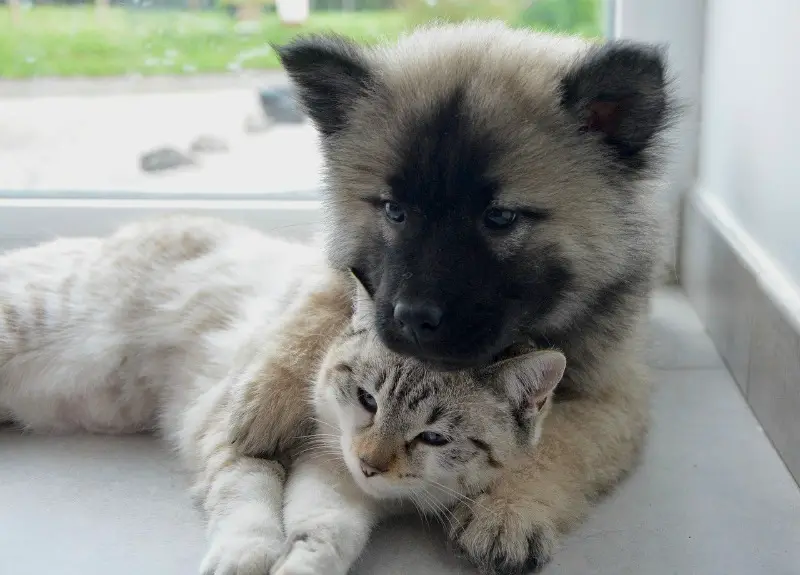
It Provides Closure
One of the key benefits of the grieving process is that it allows us to move on with our lives. Let’s be clear; closure doesn’t mean forgetting your pet. It can take significant time to fully grieve for your pet, and there will always be a part of them in your life. However, when we fail to give attention to the mourning process, we can keep reliving the trauma of the loss in an unbroken cycle.
There is also a neurological imperative to this; by accepting the reality of the situation we can better process the emotions we’re feeling. In gaining closure, we are recognizing the power of the loss, but also that life continues.
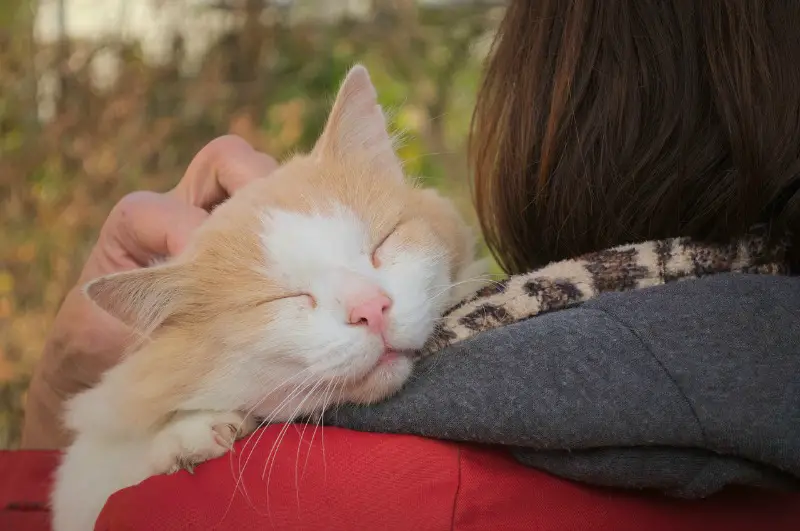
We can help to facilitate closure by clearing up loose ends. Talk to your veterinarian, thank them for their attention, arrange to close off your account and pay any outstanding bills. Contact your pet insurer to make any outstanding claims and shut down the policy. Take some time to vacuum cat hair around the house, and clean up the food bowls. It might seem like these are small administrative tasks, but they help you to remove any lingering roadblocks to closure.
Don’t be in a rush to take care of all this though; you have to give yourself time. Perhaps the hardest part of this process is the cleaning. You’re removing the last elements of their physical presence — their shedding and their scents. But it’s important to remember that this is not a disservice to your pet. You’re clearing the decks in a way that allows you to honor their memory in a healthy way.
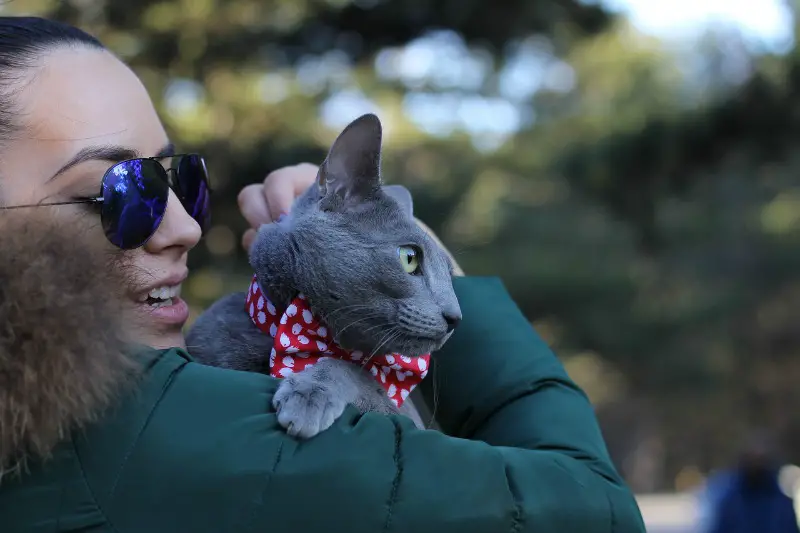
Conclusion
Our pets are a significant part of their lives. When they pass away, we need to act in ways that reflect this. In taking the time, space, and energy to grieve you can ensure that you and your family can deal with the loss in a way that is both respectful and effective.
Author Bio
This guest post was kindly submitted by Nat Juchems – Marketing Director at Green Meadow Memorials. Nat helps those grieving the loss of a loved one find the right memorial to cherish. Before becoming the Marketing Director at Green Meadow Memorials, Nat worked for six years in the memorials ecommerce industry. Nat enjoys spending time with his family and balancing that with training for triathlons.

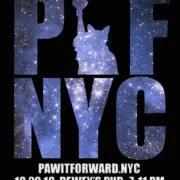

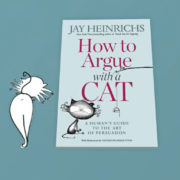
Yes. I will always remember our cat when I was three. She’s the first pet we’ve ever had. Funnily enough, we always have had cats in the family. The next cat we’ve had was a female, that was when I was 13 years old. We’ve had her for 10 years. Then she died due to sickness. We have a cat and a dog, and man, I know the day will come when they will be gone. Humans outlive their furbabies, which is a heartbreaking thing to think about. I don’t even know how I will deal with it, but I’d just say, I’d be glad they were here and I’m happy I was able to raise them.
Thank you for this article. I just lost my 16 & 14 year old cats both in 2 weeks time. I have 5 other cats at home who range from 4-2 years olds but the grief is still immense.